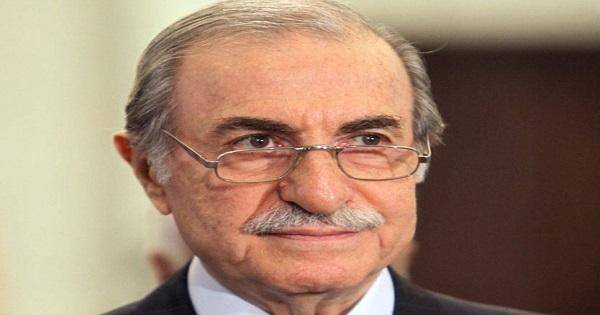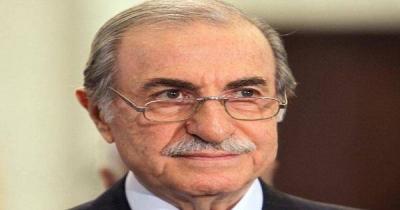MP Anwar al-Khalil urged the President of the Republic to "quickly work in accordance with the constitutional provisions and the principle of protecting shared living, to resolve the impasse in forming the government and to work on finding effective solutions, even if it requires some significant sacrifices."
Al-Khalil added that "the President of the Republic, according to the constitution, is the primary responsible party, and he must facilitate the establishment of a reformative rescue government consisting of competent, specialized, non-partisan ministers so that they can carry out their work and avert risks that could drive Lebanon to the brink." He continued: "The political stances of both the President and the designated Prime Minister, which have been described as obstinate, should change, and we should seek to find common grounds to revive the nation from the painful and dangerous state of the Lebanese situation. Hence, a rescue government should be formed with specialized ministers who have experience in their fields of expertise and ministerial work, and it must be a coherent government capable of interacting with one another, rather than having multiple governments within one government."
Al-Khalil addressed what happened in Tripoli, describing it as "a humanitarian movement crying out to the government, regardless of its form, whether a caretaker government or an actual government; it is a revolution of hunger and poverty which we had asserted was coming and is likely to intensify. From here, the nation cannot remain without a responsible body and a government capable of addressing these humanitarian, life, social, economic, and political issues."
He concluded by stating: "Any government that comes to the Parliament in order to gain the council's confidence or lack thereof must prioritize what President Nabih Berri emphasized regarding financial forensic auditing, led by the Ministry of Resources, covering all ministries, institutions, funds, and interests, not just the Central Bank of Lebanon."
The issue of forming the Lebanese government is witnessing a debate among political parties, with the latest being between President Aoun and Prime Minister Hariri, where Hariri accused the presidency of deliberately igniting Christian-Muslim tensions, while the media office at the presidential palace responded to Hariri by accusing him of unilaterally naming ministers, especially Christians, without agreement with the President.




